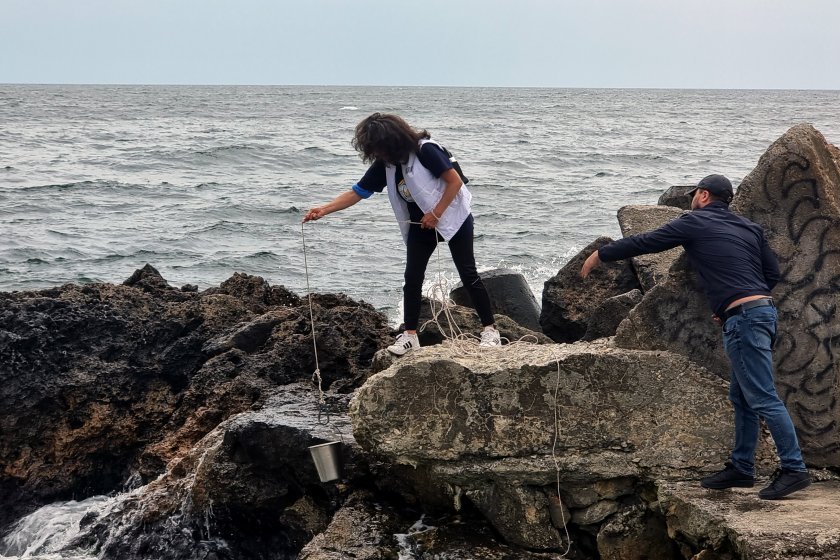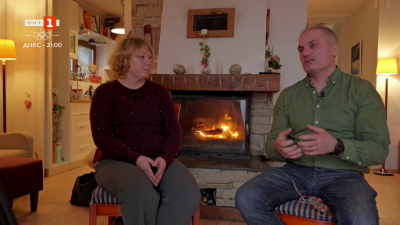MoEW: No evidence of pollution in the Bulgarian Black Sea area after Kakhovka dam destruction in Ukraine

The Ministry of Environment and Waters is ensuring constant and complete monitoring of possible environmental damage in the Bulgarian Black Sea area following the destruction of the wall of the Nova Kakhovka dam, located on the Dnieper River in Ukraine.
According to summarised data from the analyses, which included the current weather forecast until 24 June from the the Centre for Integrated Management and Monitoring of the Coastal Zone at “N. Vaptsarov” Naval Academy, and from satellite observations, there is no evidence of pollution in the Bulgarian Black Sea area.
The data sent by the Institute of Space Research and Technology of the Bulgarian Academy of Sciences to the Black Sea Basin Directorate, also do not report pollution in the region around Odessa.
On June 20, the BHRD and the Regional Laboratory - Varna of the Executive Environmental Agency carried out the weekly monitoring of the quality of coastal sea waters from three coastal points - Durankulak, Shabla and Kaliakra. In addition to the monitoring carried out so far, additional indicators have been included to monitor the potential impact of the waters along the Dnieper River on the Black Sea.
Black Sea Basin Directorate and the Regional Laboratory of the Executive Environmental Agency in the coastal city of Varna carried out the weekly monitoring of the quality of coastal sea waters, taking samples from three coastal points - Durankulak, Shabla and Kaliakra. In addition to the monitoring carried out so far, additional indicators have been included to monitor the potential impact of the waters along the Dnieper River on the Black Sea.
The location of the stations is in accordance with the possibilities of access by sea, the direction of the dominant currents and the bathymetric data available for the area.
The potential risk of pollution of the marine environment due to military activities is monitored. The presence of petroleum products, metals, the radionuclides caesium-137 and tritium are monitored and additional indicators (pesticides, etc.) are included in response to the emerging situation. To date, no exceedances have been detected for any of the indicators examined.
The state of not only coastal but also the water currents deep into the sea is being monitored.
The monitoring of the state of marine waters is coordinated with the Ministry of Tourism with a view to the smooth running of the tourist season.
The frequency of sampling is sufficient to make an objective assessment of the current state of the sea waters, the ministry added.
The MoEW exchanges information on a daily basis with the Ukrainian, Moldovan and Romanian authorities on potential pollution of the Black Sea waters.
The role of the MoEW is to monitor and inform the institutions responsible for the prevention of and response to identified risks. Up-to-date information on the results of the measurements made will be provided to the competent institutions and the public in due course.
Reports of possible signs of pollution along the coastline can be submitted to the Environment Ministry’s Green Phone: 0887 088440 or 02/9888205, as well as to the email address: nccw@moew.government.bg and also to the Green Phone of the Regional Inspectorate of Environmental Protection - Varna: 0884 290 634 or 052/634 582, Regional Inspectorate of Environmental Protection - Burgas: 0889 096 577 or 056/813 212, Black Sea Region - Varna. 0886 406 816.
Get the latest news wherever you are!
Follow us on
Facebook
and
Instagram
Follow BNT’s YouTube channel
You can now also watch us on
TikTok
Find us on
Google News























